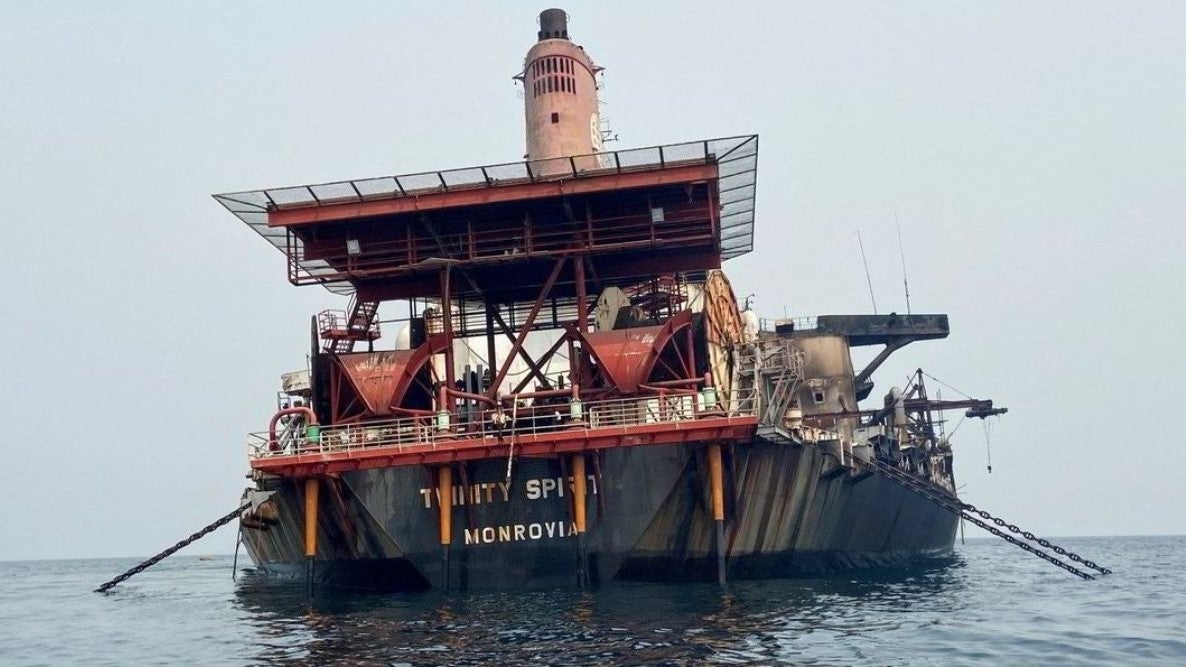
The fatal explosion on the Trinity Spirit floating oil production and storage vessel (FPSO) just off the coast of Nigeria highlighted the issue of FPSO’s in states of ill-repair.
Dozens around the world remain active extracting and storing oil despite being “on the brink of mechanical breakdowns”, according to an investigation by the Associated Press.
FPSO Trinity Spirit exploded and sunk in February 2022. Five workers were killed and two others who were never recovered were presumed dead.
Nigeria’s Environment Ministry said up to 60,000 barrels of oil were dropped in the Gulf of Guinea, leaving a miles-long crude slick across the Atlantic Ocean.
The Associated Press investigation said more than 30 ships in operation around the world are older than the Trinity Spirit.
Why did the Trinity Spirit explode?
Nigerian authorities have not released conclusive evidence on the cause of the explosion. However, accounts from the three surviving crew members on board suggest it was due to the 46-year-old Trinity Spirit’s poor condition.
Two of these survivors were initially accused of illegally storing oil on the ship by the company that operated it. Criminal charges were later dropped.
Shebah Exploration and Production Company Limited (SEPCOL) said it leased the ship in a bareboat charter from an offshore firm, which acquired the Trinity Spirit from Houston-headquartered oil and gas firm ConocoPhillips.
ConocoPhillips’ earnings halve
It transpired that SEPCOL was riddled with financial problems in the months prior to the explosion.
Creditors filed lawsuits against SEPCOL in three countries, including accusing Trinity Spirit’s management of defaulting on a contract.
In Q2 2022, ConocoPhillips reported adjusted earnings of $5.1bn. By Q2 2023, GlobalData’s filings database shows that ConocoPhillips’ adjusted earnings had slumped to $2.2bn, a 56.86% decrease.
ConocoPhillips’ net income has fluctuated massively since the Covid-19 pandemic, with a significant spike in 2021 and a decline in 2022. SEPCOL has not publicly released its quarterly earnings.
GlobalData’s Thematic Intelligence showed how Nigeria’s transport-related dealing stalled after the 2022 incident.
Since 2019, Africa’s largest economy has overseen 25 transport deals worth $881m, according to GlobalData. However, only two of these deals were completed in 2023 – collectively worth just $1m.
Our signals coverage is powered by GlobalData’s Thematic Engine, which tags millions of data items across six alternative datasets — patents, jobs, deals, company filings, social media mentions and news — to themes, sectors and companies. These signals enhance our predictive capabilities, helping us to identify the most disruptive threats across each of the sectors we cover and the companies best placed to succeed.



